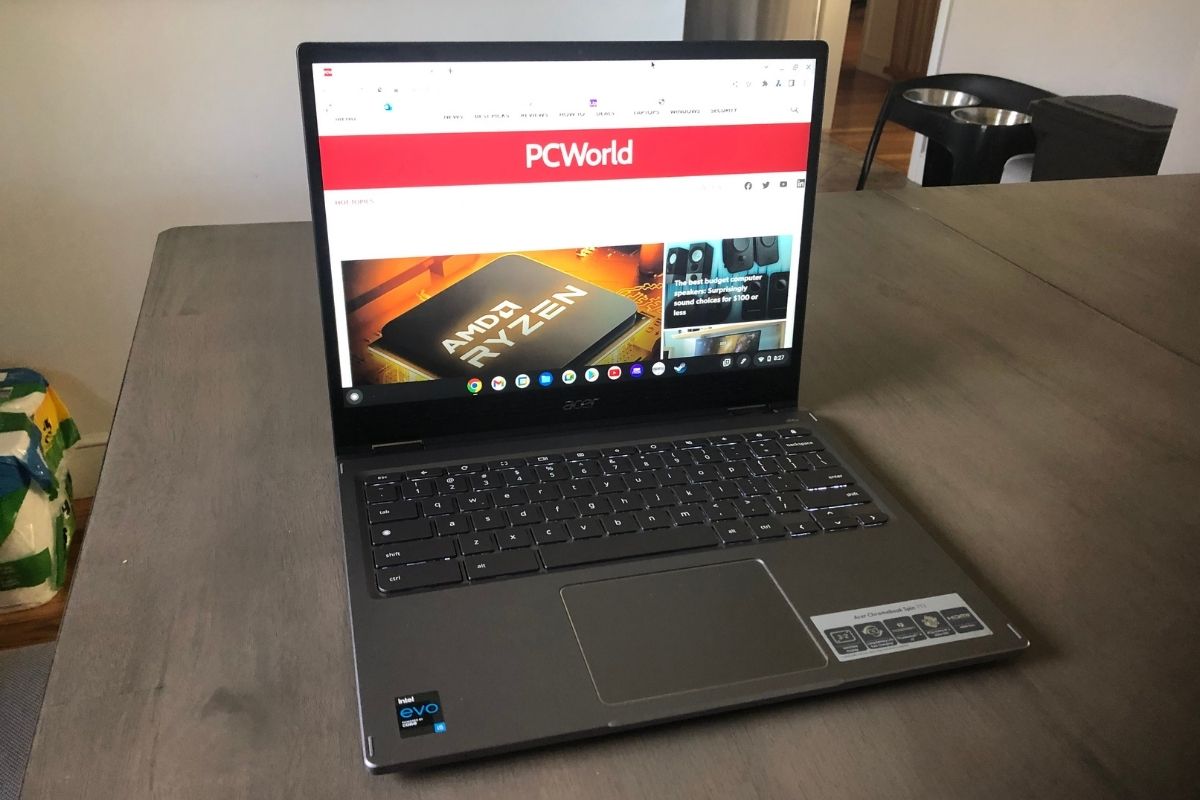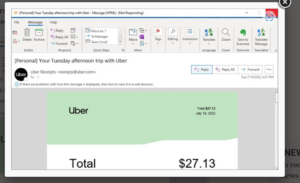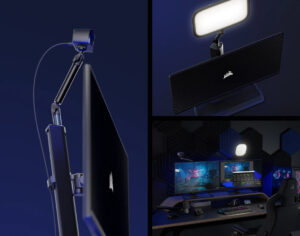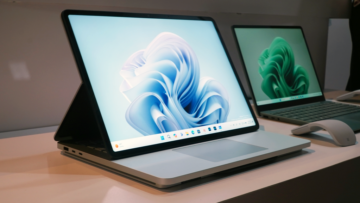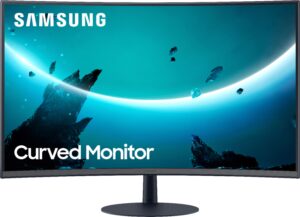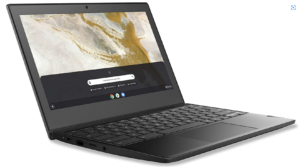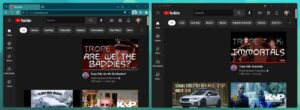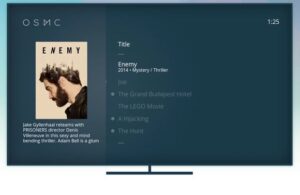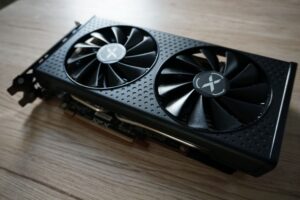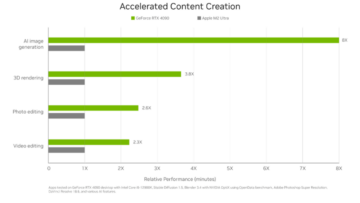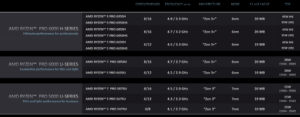Are you ready to abandon the cult of Windows and macOS? If you are, Chromebooks serve as a decent alternative for most people. These machines are perfect for everyday workloads like working on documents and spreadsheets, browsing the web, email, and so on. They also tend to have good battery life and sturdy builds. Plus, most files can be stored directly in the cloud. Whether you need something with decent battery life or a lightweight form factor or a competitive price, the PCWorld team has put together a list of different Chromebook options.
This week, you’ll even be able to find several compelling laptops going for oh-so-enticing prices as part of the Amazon Prime Day Chromebook deals going on July 12 and 13. We’re already seeing some killer early deals.
If you’re still on the fence, see our comparison of Chromebooks vs. Windows laptops for more information. You can also find helpful buying advice below our recommendations. And for even more recommendations, check out our wider guide to the best laptops if you’re curious about our top picks across all operating systems.
Acer Chromebook Spin 713 – Best overall
Pros
- Strong performance
- Good build quality
- Nice selection of ports
- Beautiful display
- Solid battery life
Cons
- No privacy shutter on the webcam
- Boring design
- Fan noise is a bit loud
MSRP:
From $629.99
If you’re looking for a great convertible laptop, the Acer Chromebook Spin 713 will surely fit the bill. You can either prop it up like a tent or fold the screen all the way back and use it like a tablet. We were also impressed with its vibrant display, all-day battery life, and diverse selection of ports. The design is a little utilitarian, but this is the kind of machine that favors function over aesthetics. The build is robust and there was hardly any flex in the keyboard tray. There are a couple of downsides like the loud fan noise and the lack of a physical privacy shutter on the webcam, but these issues are relatively minor. Overall, the Spin 713 is a solid convertible laptop that performs well.
HP Chromebook x2 11 da0023dx – Best folio-style option

Pros
- Gorgeous 2K touchscreen
- Solid performance
- Excellent battery life
- Robust design
Cons
- Trackpad is too sensitive at times
- Light on ports
MSRP:
$599
The HP Chromebook x2 11 is a solid folio-style laptop, meaning the keyboard and kickstand detach, leaving you with a sub 1-pound tablet. Besides being lightweight, the battery life is impressive. The keyboard is suitable for long typing sessions and the kickstand keeps the tablet nice and stable. The 1440p touchscreen display is beautiful, too. Colors looked vibrant and smaller details were sharp and easy to see. The Snapdragon 7c processor is fast enough for general use as well. The only real drawback is the over-sized touchpad, which tends to fire off a few false clicks here and there. If you can live with an occasionally temperamental touchpad, then the x2 11 is a fantastic option, especially if you travel a lot for work.
Read our full
HP Chromebook x2 11 review
Lenovo IdeaPad Chromebook Duet 5 – Best for OLED fans
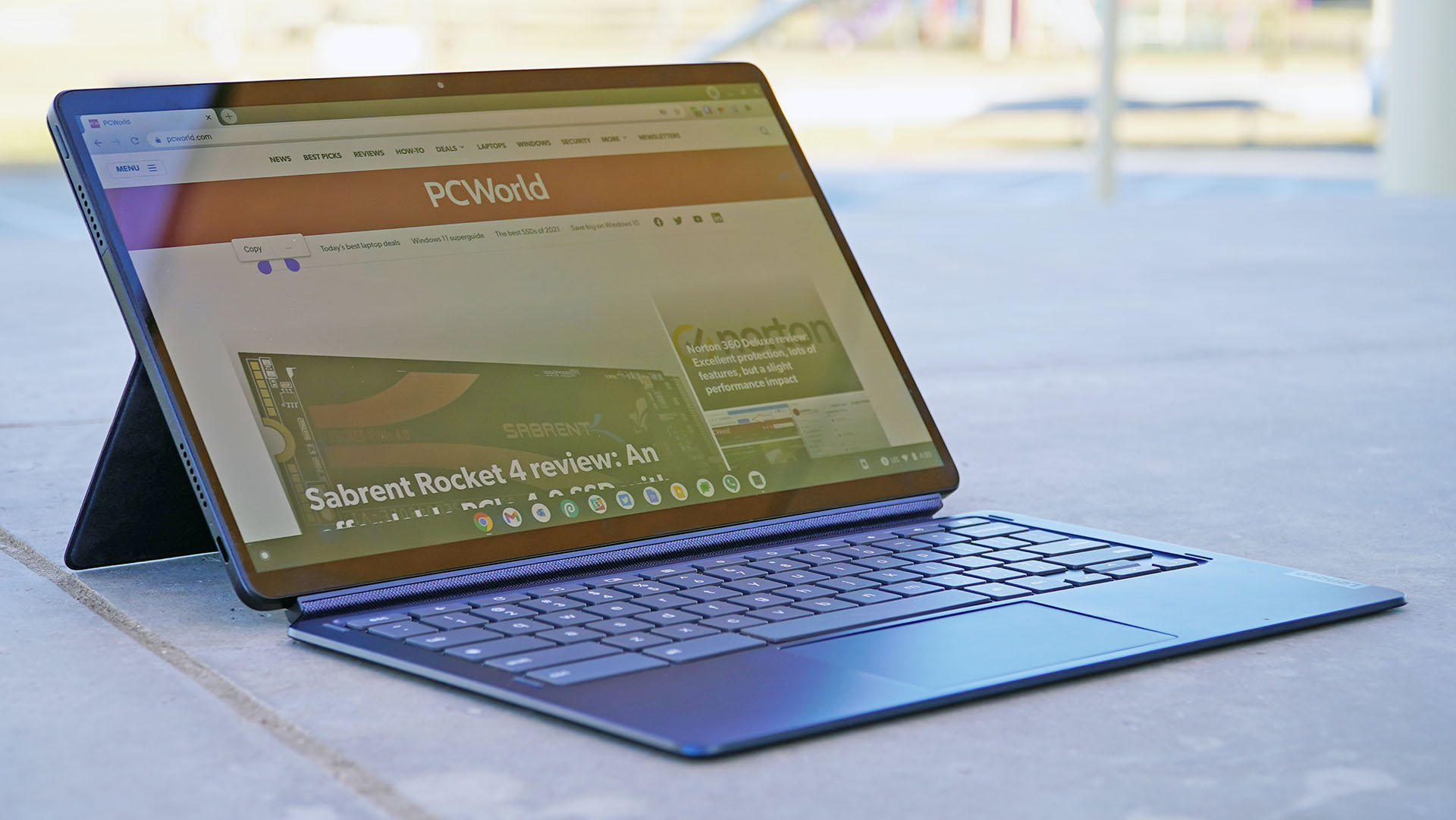
Pros
- Gorgeous screen
- Amazing battery life
- Good price
Cons
- Awkward aspect ratio
- No fingerprint or face scanning
MSRP:
$500
When it comes to the Lenovo IdeaPad Chromebook Duet 5, a Chrome OS tablet that doubles as a laptop, the biggest highlights are the keyboard and its drop-dead gorgeous OLED display. The 1080p full HD display produces colorful images, although the 16:9 aspect ratio might feel awkward for some users. On the other hand, it could be a boon for watching movies. The keys have a decent travel distance of 1.3mm and the detachable keyboard as a whole doesn’t feel too cramped. There’s also a kickstand that can be adjusted up to 135 degrees. The one tradeoff is that the USI-compatible pen costs extra.
Read our full
Lenovo IdeaPad Chromebook Duet 5 review
Lenovo Chromebook Flex 5 – Best keyboard
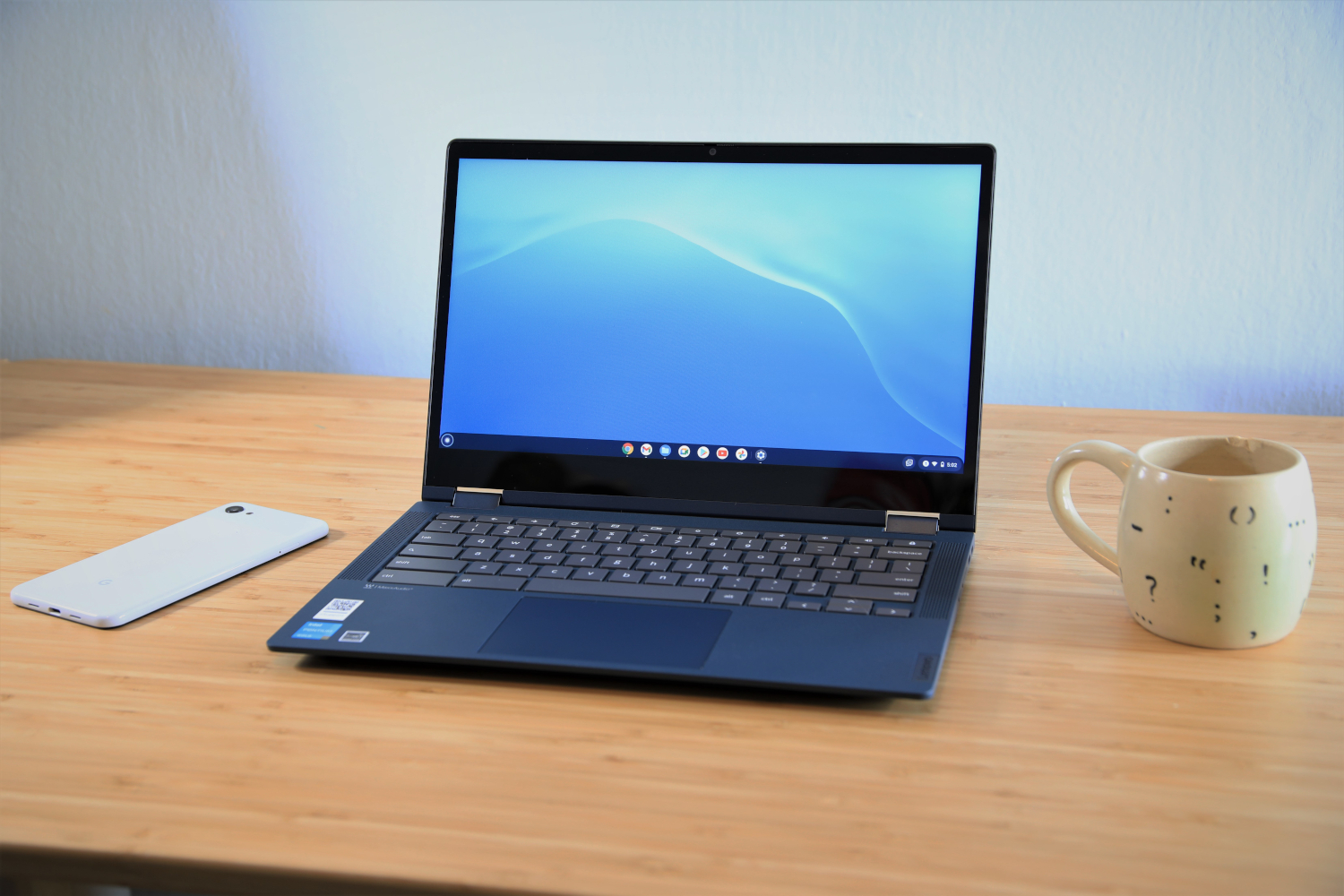
Pros
- Attractive design
- Affordable
- Punchy audio
- Excellent keyboard
Cons
- Mediocre performance
- Subpar battery life
MSRP:
$389
The Lenovo Chromebook Flex 5 is a good laptop for productivity. It’s fast enough for web browsing, editing documents, and so on. That said, it can “feel taxed by demanding tasks.” When our tester opened up multiple tabs, he noticed a sag in performance. The port selection, however, is nice combination of old and new. It has two USB-C ports, a single USB-A port, a 3.5mm combo audio jack, and a microSD card reader. Although the Flex 5 has a lot to offer, the standout feature is the keyboard. Our tester liked the “crisp and taut” feel of the keys. There’s also a good amount of space on the palm rests. If you’re looking for a Chromebook with a tactile keyboard, the Flex 5 will fit the bill.
Read our full
Lenovo Chromebook Flex 5 review
How we tested
The PCWorld team puts each and every laptop through a series of benchmarks that test GPU and CPU performance, battery life, and so on. The idea is to push the laptop to its limits and then compare it against others we’ve tested. Due to the cloud-based nature of Chromebooks, they go through a series of web-based tests. It wouldn’t be fair or possible to run the same kinds of tests on a Chromebook as we use on laptops because they exclusively run a completely different operating system. Below, you’ll find a breakdown of each test and the reasons why we run them.
Chromebooks
- CrXPRT 2: The CrXPRT 2 benchmark tests a Chromebook’s battery life.
- Speedometer 2.0: This test determines a Chromebook’s web browser performance. It simulates this by adding, completing, and removing a to-do list.
- Basemark Web 3.0: This benchmark gauges how well a Chromebook can handle web-based applications.
- Kraken 1.1: Kraken 1.1 is a JavaScript performance benchmark that measures browser speed.
- Jetstream 2: Jetstream 2 is a combination of WebAssembly and JavaScript benchmarks. This is a way to gauge how well a Chromebook runs advanced workloads.
What should I look for in a Chromebook?
If you’re looking for a Windows or MacBook alternative, you may want to consider a Chromebook. Equipped with low-power processors, they typically have good battery life and are usually silent in operation. They make great productivity machines, as they’re specifically designed for lightweight tasks like browsing the web, watching Netflix, and so on. Plus, they’re largely virus free. That said, most Chromebooks have minimal RAM and storage. If you’re a hardcore gamer or a video editor, you’re going to want something with a lot more power than a Chromebook is capable of providing.
Our guide to Chromebooks vs. Windows laptops can help you determine which operating system is best for your needs. For more options, you’ll want to check out our best laptops roundup.
- Operating system: Although every operating system has its pros and cons, I’d argue that Chrome OS is one of the most user-friendly ones out there. That said, with Chromebooks, you don’t have the option of picking another operating system, as they exclusively run Chrome OS. You’re stuck with it, bud.
- Processor: Shoot for a mid-range Chromebook if you can. They cost anywhere in the $400 to $600 range and many of them come equipped with Intel Pentium processors. These Chromebooks have better browser performance and are capable of running more intense gaming apps. It’s the best bang for your buck.
- RAM: Many Chromebooks have 4GB of RAM, which isn’t a lot. Chromebooks are web-based machines, so you need a fair amount of RAM to keep those tabs open and running smoothly. If you can spend a couple of hundred extra, you’ll be able to find a mid-range Chromebook with 8GB of RAM.
- Storage: I recommend at least 64GB of storage. Since you’ll mostly be storing things in the cloud, you don’t a ton of local storage.
- Durability: Chromebooks are popular in the education market because they’re pretty darn robust. I’m not saying you should smack one around with a baseball bat or anything, but they’re durable enough to handle the daily abuses of life.
